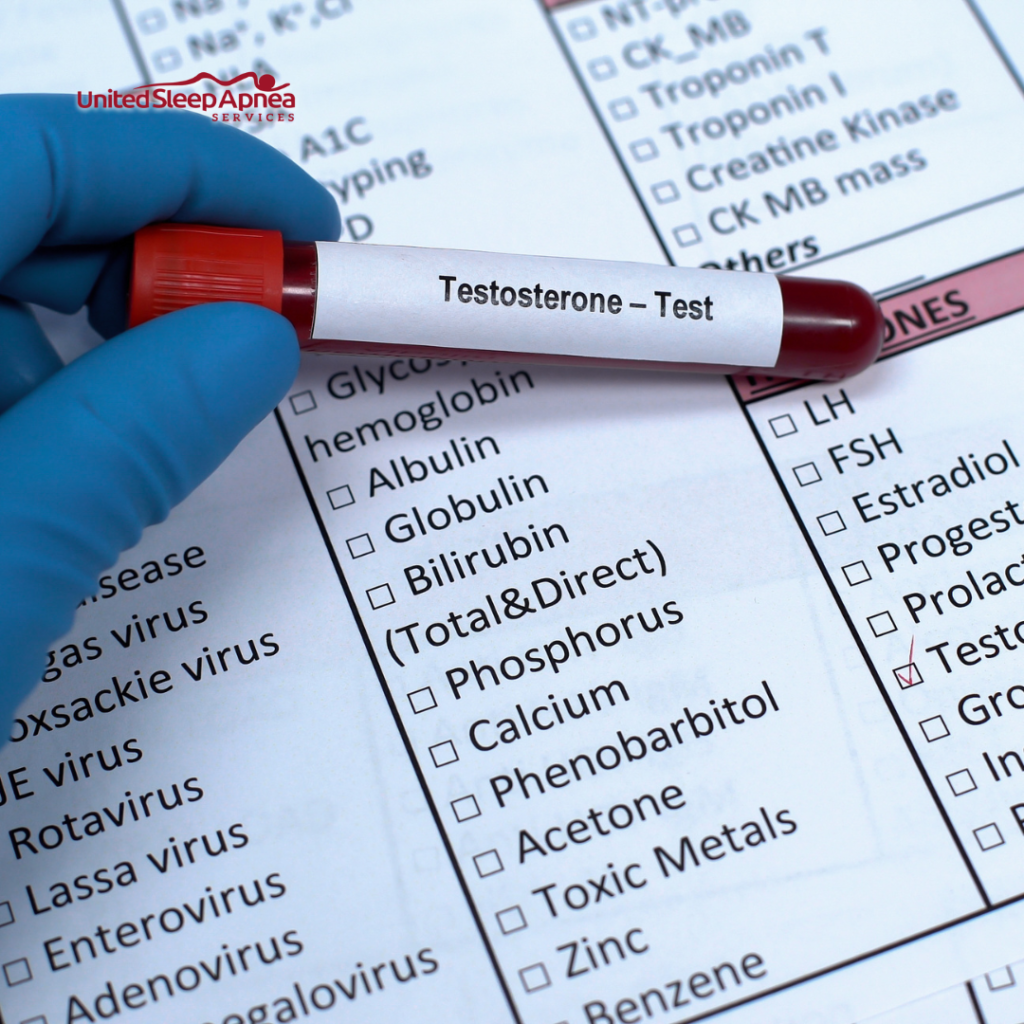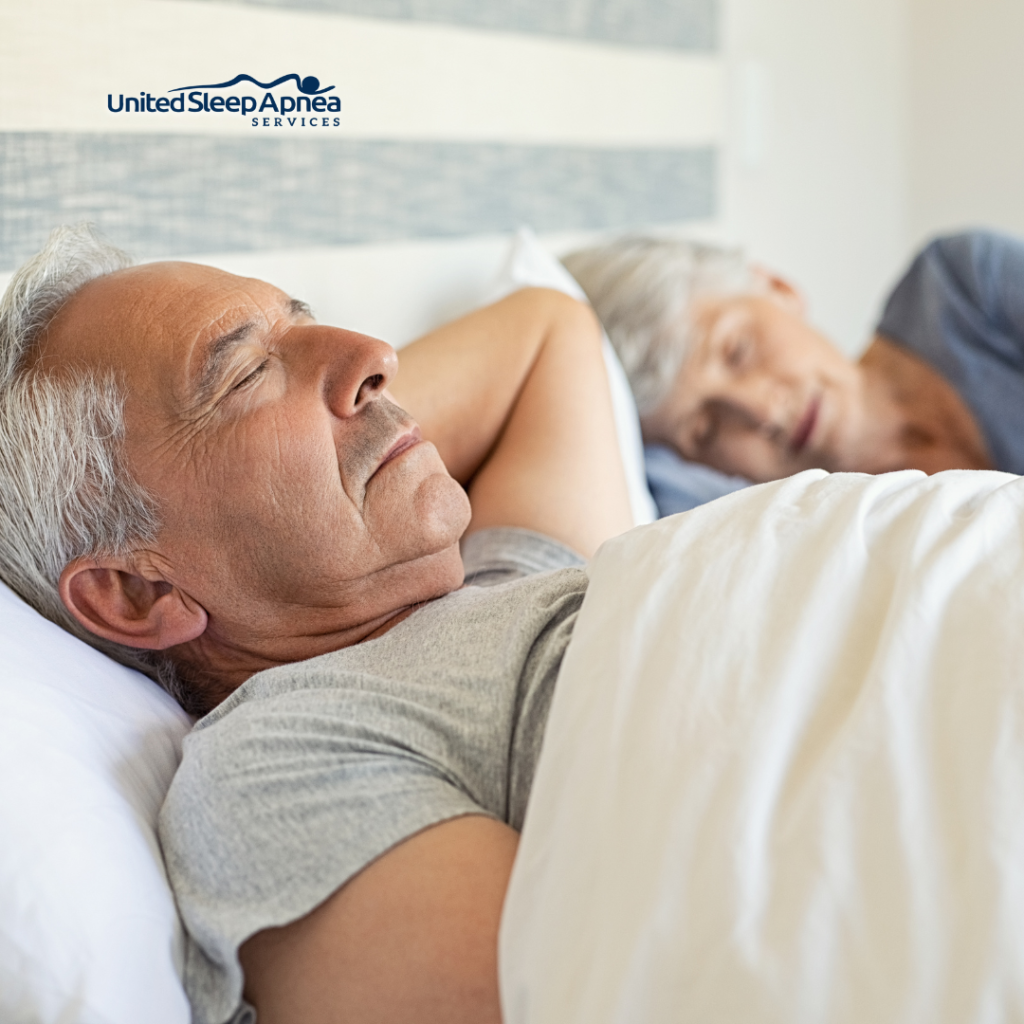A recent trending problem that most youngsters face across nations is fertility. Never have our parents, grandparents, or ancestors faced such fertility issues. What do you think is the root cause of this striking problem?
A minimum of 15% of the adult employed population in the U.S. seems to sleep less than 5 hours a night. This is one of the predominant causes of fertility issues amongst the young generation. Let’s probe how sleep plays a vital role in fertility concerning a particular androgen, testosterone.
Introduction
Testosterone, the male sex hormone, plays a vital role in developing male sexual characteristics, primarily fertility. The hormone also catalyzes other functions, including the production of red blood cells, the building of muscles, and the distribution of fats. The testosterone hormone is the major androgen set of sexual hormones that defines the male characteristics in men.
The testosterone hormone in humans and animals is predominantly produced by testicles found in a group of cells called the “Leydig cells.” In general, testosterone hormone production attains its peak during puberty and starts to reduce once the individual attains the age of 30.
What we call the male sex hormone, Testosterone, is also produced in females but in very small quantities. While testicles take the responsibility of testosterone production in men, ovaries take part in the case of females.
Production and Regulation of the Testosterone Hormone
In humans, gonads produce the testosterone hormone. In males, the testicles, and females, the ovaries produce the hormone. In addition, the adrenal gland produces the hormone, adding to the circulating hormone in the bloodstream. Once produced, the hormone circulates throughout the body via the bloodstream.

In general, the circulating levels of testosterone hormone varies from time to time. The release of the hormone follows the circadian rhythm and tends to be the highest at the wake/morning time and attains the lowest at the sleep/night time.
However, testosterone hormone levels are observed to be the highest in the range of 20 – 30 years and start to slow down after age 35.
The brain and the pituitary gland are responsible for regulating the production levels of the testosterone hormone in your body.
When the circulating levels of the testosterone hormone decrease more than usual, the brain’s hypothalamus senses the peak and produces the gonadotropin-releasing hormone. Sensing this, the pituitary gland produces the luteinizing hormone.
This luteinizing hormone, via the circulating blood, reaches the gonads and thus regulates testosterone production in the body. Once the circulating levels of the testosterone hormone increase, a feedback mechanism is triggered, thereby suppressing the release of the gonadotropin-releasing hormone.
Roles of the Testosterone Hormone
As the name explicitly says, the testosterone hormone involves primarily in:
- Sperm production
- Inducing the sex drive
- Development of the penis, testes, and prostate gland in males
- Improved brain health (preserves brain tissue, helps with increased memory retention, and quick identification of the brain’s ability)
- Growth of facial, pubic, and body hair
- Regulate the mood swings
- A healthy libido (maintaining a healthy libido that signs a fair sex drive)
- Lower the risk of injuries (sports players give attention to sleep)
Apart from sexual and related functions, the testosterone hormone also helps in:
- Muscle density (size and strength): Helps in protein synthesis and increases neurotransmitters to enable increased muscle growth and development
- Red blood cell production
- Increasing the bone mass
- Fat dissemination throughout various body parts/organs (helps burn the body fat quicker)

ARE YOU MISSING OUT ON THE MOST RESTORATIVE SLEEP OF YOUR LIFE?
Reduce your daytime fatigue with the latest diagnostic testing and physician services for improved health.
Our team of experts will listen to your concerns, guide you through the process, and answer all your questions.
Testosterone is the critical hormone that brings transformational changes. This change in the life of men is called puberty and also includes,
- Growth of skeletal bone to make the males taller than females
- Deepening of the voice that makes the difference between a boy and a man
A recent research publication released in the Journal of StatPearls explains the functions of the testosterone hormone in terms of secondary male characteristics or masculinity. The list of functions includes:
- Male hair patterns (facial and chin hair growth)
- Anabolic effects (tissue growth at the epiphyseal plate)
- Higher erythropoiesis (higher hematocrit in males)
Testosterone and Aging
In normal conditions, men undergo a decrease in testosterone levels as they age. Unlike before, the gradual decline in hormone levels due to the age factor has grabbed attention, and people call it late-onset hypogonadism.
The statistics of declining hormone levels with age are discussed in detail in a Medical News article:
- After a man attains 30 years, the circulating testosterone concentration drops by around 1% yearly.
- After a man attains 40 years, the circulating testosterone concentration drops by around 1.6% yearly.
- After a man attains 60 years, the circulating testosterone concentration drops with an increased percentage yearly.
- Four in ten younger men show the symptoms of hypogonadism and low sex drive when they reach about 45 years of age.
- Also, the probability of identifying hypogonadism has increased by more than 150% for a decade.
The current lifestyle changes, explicitly staying up late to watch TV, watch movies, or play video games, have significantly affected the naturally occurring decline in the levels of the hormone testosterone in the blood. The symptoms of lower testosterone levels due to aging cause decreased testicular size, drop in libido, lower muscle mass and bone density, increased fat production, and decreased erythropoiesis.
Lower testosterone levels in men (with respect to aging) cause low sex drive and sluggishness. These reduced testosterone levels have paved the way to increased life expectancy. In recent decades, a high proportion of men who experience lower testosterone levels with aging tend to live longer than 60 years.
Testosterone and Women
Women have a connection with the testosterone hormone in the aspect of menopause. The testosterone produced by the ovaries in women tends to reduce during the pre-menopausal and postmenopausal phases of their lives. A Feb 2020 Sleep Doctor article says that the decreased testosterone production in these phases has to be mitigated with sleep. Like men, women exhibit the symptoms of low testosterone levels by expressing low sex drive and lethargy.
Apart from this, the hormone also helps during pregnancy by aiding the development of internal and external reproductive organs during fetal growth.

ARE YOU OR YOUR LOVED ONES AFFECTED BY SLEEP APNEA?
Our process is designed using a patient-centered, holistic curative model that focuses on lowering costs while improving outcomes.
We serve veterans, minorities, families, and those who can't get tests done at other facilities
Lower Testosterone (T) Levels
The symptoms of lower testosterone levels include:
- Primarily, decreased sex drive
- Poor self-esteem
- Lower energy levels
- Lower sperm count
- Erectile dysfunction
- Lower or no body hair
- Increased body fat
- Increased mood swings
- Loss of muscle strength
- Lower bone modeling (leading to thinner bones)
- Increased weight gain
- Testicular shrinkage
- Depression
Other than age, other factors contribute to lowered testosterone levels in men, namely,
- Inflamed testicles
- Chemotherapy or radiation therapy for cancer
- Prevalence of chronic health conditions like AIDS, liver cirrhosis, or kidney failures
- Stress
- Addiction to alcohol
Higher Testosterone (T) Levels
Increased testosterone levels in men may lead to the early onset of puberty (mainly before nine years). Though the trigger of early puberty is rarely observed in men, it is the younger population that gets affected by this situation.
Higher testosterone levels in women may lead to increased expression of male characteristics like a deepened voice, menstrual problems, and baldness. Other symptoms include:
- Growth of the clitoris
- Changes in body shape
- Increased facial hair (primarily around lips and chin)
- Acne and oily skin
- Reduced breast size
Sleep and Testosterone
The release of the testosterone hormone varies from time to time and is found to follow the circadian rhythm. The testosterone levels in the blood vary in a circadian manner and show higher levels during the waking time and reach the lowest during the day. Again, the blood testosterone levels onsets will increase with the onset of REM sleep. This continues every day and night throughout the life of an individual.
This clearly indicates that sleep and testosterone have some relationship with each other, and several pieces of research have studied the dependency until today.
An excellent comprehension of how sleep affects testosterone production has been presented in a Sleep Doctor’s article. Your testosterone levels begin to increase, with the highest output in the REM stage of the sleep cycle.
Researchers have collectively discovered that nocturnal sleep loss or sleep restriction may greatly influence the production and release of testosterone levels.

This has been well explained in the Journal of the American Medical Association (JAMA) research. The study also analyzed the decrease in testosterone levels with age and found a 1-2% drop.
Experimental Studies
A 2011 experimental study published in the Journal of the American Medical Association examined ten young men from the University of Chicago and tested their sleeping habits with testosterone production levels. The experimental study involved a diagnosis of testosterone levels every 15-30 minutes on a 24-hour-day after one week of sleep shortness.
Researchers unveiled that skipping sleep leads to lower testosterone levels, equivalent to the amount of testosterone production that takes place when individuals age down for ten to fifteen years. They also found that five hours of sleep restriction lowered the subject’s testosterone levels by 10-15%. The subjects also showed the lowest (nadir) testosterone levels in the afternoons, mainly after 2 pm.
Another study by researchers found that 5.5 hours or less sleep for eight consecutive days exhibited an average of 10 – 15% decrease in testosterone production. Whereas, in normal conditions, testosterone levels have to increase gradually with sleep in adult men. During awakening, the highest levels of the testosterone hormone are recorded, and during the day, in the absence of sleep, the levels decrease. The study also gave an in-depth understanding of the significant effect of circadian rhythm on hormone production.
Sleep Restriction and Testosterone Production
Several studies were carried out to check if testosterone was influenced by sleep factors like nocturnal quality/duration or circadian rhythm by itself. Most of the findings suggest an increase in testosterone levels linked to sleep rather than circadian rhythm. It was also discovered that at least three hours of sleep with a normal sleep cycle (sleep architecture) is required to ensure the normal production of testosterone in your body.
Sleep Restriction and OSA (Obstructive Sleep Apnea)
A research study, keeping age and obesity-related factors constant, analyzed the effect of OSA on testosterone production. This controlled study compared around 15 adult men whose OSA shows an ESS (Epworth Sleep Scale) above 10–15. Researchers found that testosterone levels were inversely proportional to the severity of OSA. The study also reveals that lower testosterone levels in men were caused primarily due to OSA linked with obesity.
Conclusion
A particular study found that sleep restriction, becoming popular in the U.S., shortens the average sleep time to nearly 7 hours a night. In contrast to the normal range of up to 8 hours per night, about 20% of this population was found to sleep for less than 6.5 hours each night.
If you can diagnose that your fertility or sex drive issues have their roots in testosterone, you can solve your problem by correcting your sleep habits. The sooner, the better.


